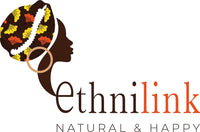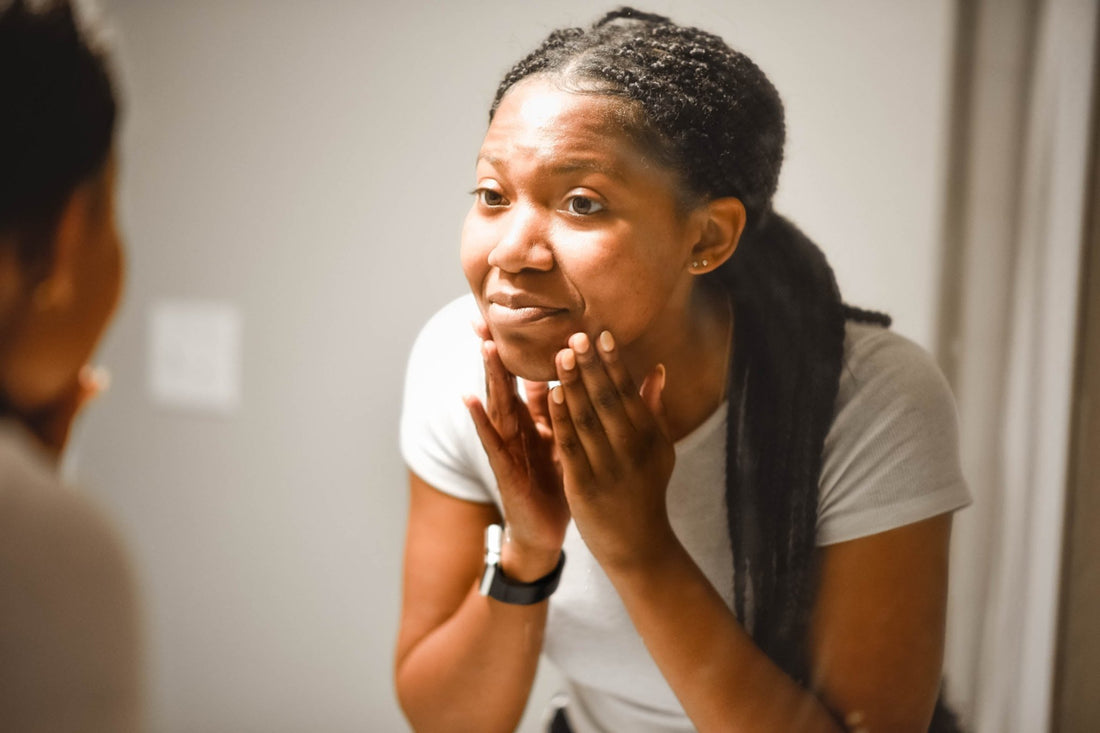If you're black and have acne-prone skin, you may be having trouble finding the right products to take care of your face. Many of the products available are designed for lighter-skinned people. These often contain ingredients that can make your skin condition worse. In this article, we'll give you three tips for taking care of your acne-prone black skin.
What is acne?
Acne is a skin condition that occurs when the pores in your facial skin become clogged with oil and dead skin cells. Acne is more common during puberty, but it can occur at any age. It can cause pimples, blackheads and even cysts.
Acne symptoms vary depending on the type of acne you have. You can have:
- Bpimples or small red bumps that develop when bacteria get trapped in the pores of your skin
- Pblack spots and small black bumps that form when oils and sweat accumulate in the pores
- Cysts or large pus-filled bumps that develop below the surface of your skin
- Lesions or inflamed areas of the skin
The specifics of acne on black skin
Many factors can cause acne, including genetics, hormones, and the environment. It can also be due to a natural oil called sebum that our body produces. Oil can clog pores and cause acne breakouts. People with acne-prone black skin should consider a few additional things when taking care of their skin.
Black skin is more likely to have scars. Indeed, the darker your skin, the more melanin it contains. Melanin is the pigment that gives skin its color and helps protect it from the sun's rays. But melanin can also make scars darker and more visible.
Our face care advice for acne-prone black skin
Tip #1: Be gentle with your facials
When taking care of your skin, it's important to be gentle. This means using products that are free of chemicals and harsh fragrances. You also need to be careful when washing your face: use lukewarm water and a mild cleanser, and avoid scrubbing your skin too hard.
Tip no. 2: use non-comedogenic products for your acne-prone black skin face care
If you have black skin prone to acne, prefer to use oil-free products. Many commercial facial products contain oils and other ingredients that can clog your pores and cause breakouts. Look for products that say "oil-free" or "non-comedogenic." Comedone is an excessive accumulation of sebum, secreted by the sebaceous gland, keratinocytes and melanin and filling the pore of the skin. It is mostly found on the face and more specifically on the nose and forehead. Some products promote the production of comedones and it is these that we recommend that you avoid.
Tip #3: Exfoliate your facial skin
The exfoliation is an integral part of an effective acne black skin face care routine. One of the best things you can do for your skin when you have acne is to exfoliate it regularly. Exfoliation removes dead skin cells and other debris that can clog pores and cause acne. It also helps your skin stay fresh and healthy. Opt for a chemical scrub rather than a mechanical scrub. A chemical scrub is made from elements such as fruit enzymes, salicylic acid or glycolic acid. The gentle action of the acid will remove surface residue. A mechanical scrub will be carried out with grains such as sugar, salt or crushed fruit stones. It requires friction to exfoliate the skin, which can be too abrasive for sensitive skin.
Most people with black, acne-prone skin need to exfoliate once or twice a week. Listen to your skin and adapt your routine if necessary.
Bonus tip: Use sunscreen
Sunscreen is essential for all skin types. But people with black skin prone to acne should attach particular importance to it. The sun's UV rays can worsen acne and make scars more visible. Look for a sunscreen that says "non-comedogenic" or "oil-free" will help protect your skin without clogging your pores.
A minimum protection factor SPF 15 or SP30 may be enough to protect black skin. But if you already have pigment spots on your face, prefer a higher index.
Products from the Ethnilink boutique for facial care for black skin with acne:
- Nuhanciam power 4 anti-dark spot serum
- Nubiance Intense Anti-Blemish Care ACT-5
- In'oya My Anti-Blemish Treatment
- Biolissime SOS Perfect Complexion
If the tips in this article aren't enough to get rid of your acne, consider going to a dermatologist. This professional can prescribe appropriate medical treatment.


2 comments
Bonjour, si le produit est efficace sur votre peau, vous pouvez continuer à l’utiliser
J’utilise le produit Hyfac soins global puis je continuer avec